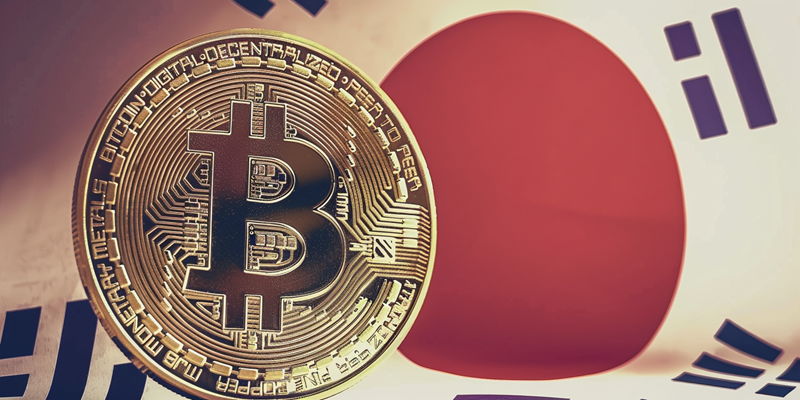In the wake of increased illicit token trades and high-profile cryptocurrency thefts, South Korea’s financial authorities are tightening the reins on the crypto sector. The recent theft incident on the NFPrompt (NFP) platform, involving the reputable Coinone exchange, has spurred regulatory bodies into action. These efforts aim to bolster the security of the cryptocurrency landscape and ensure that the market remains a safe place for legitimate trading.
The country’s stringent measures send a clear warning to cybercriminals: South Korea will not tolerate illegal activities in its digital asset market. Regulators are committed to enforcing laws and protocols to maintain market integrity and protect investors in the rapidly-evolving crypto space.
Regulatory Response to Illicit Trades
Strengthening Monitoring and Response Protocols
South Korea’s Financial Supervisory Service (FSS) and the Financial Services Commission (FSC) are proactively bolstering their monitoring systems to detect and prevent the circulation of stolen cryptocurrencies. The recent breaches revealing the flow of illicit tokens into exchanges have incited these regulators to fine-tune their surveillance, aiming to rapidly identify and disrupt illegal transactions.
With a new, sophisticated monitoring system in place, FSS and FSC intend to detect any suspicious trading behaviors effectively. This is a crucial step to secure the digital asset market from the damaging effects of cybercrime and safeguard investor confidence.
Enforcing the Virtual Asset User Protection Act
Scheduled for enactment in July, the Virtual Asset User Protection Act is South Korea’s latest effort to reinforce the security of cryptocurrency transactions. This forthcoming legislation underscores the country’s dedication to eliminating the use of digital assets in criminal enterprises and ensuring robust protections for investors.
In preparation for the law’s introduction, authorities are working closely with cryptocurrency platforms. This collaboration aims to strengthen the underlying infrastructure of the market and reassert South Korea’s position as a frontrunner in virtual asset regulation.
Exchange Vigilance and Coin Caution
Coinone’s Proactive Measures
In response to the NFPrompt theft, Coinone has taken significant measures to secure its platform. The exchange has designated NFP as a ‘watch out’ asset and is investigating the attack to prevent future security breaches. These actions demonstrate Coinone’s dedication to security and market integrity, and set a standard for other industry players.
OTC Market Under Watch
South Korea’s vigilant eye extends to over-the-counter (OTC) crypto trades as well. Following the ‘NFP coin incident,’ the FSS and FSC are conducting in-depth investigations and are ready to involve law enforcement if necessary. South Korea’s vigorous regulatory stance mirrors wider global efforts to stabilize and secure the crypto market, ensuring all transactions are transparent and accountable.

